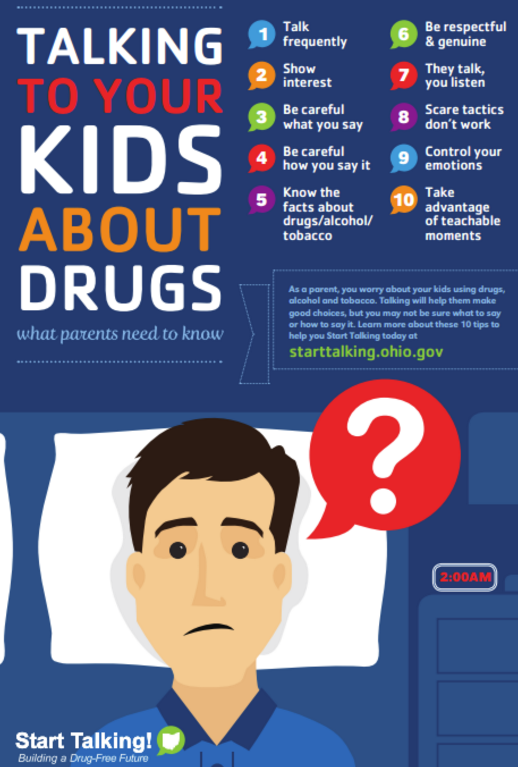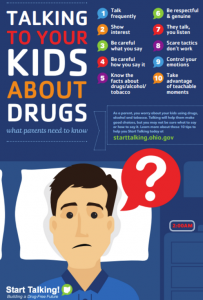When teens try alcohol and drugs, parents often assume that these kids are just experimenting or are rebelling. Often, these teens are also seen as merely trying to fit in with their friends. What parents don’t realize, though, is that there are teens who use alcohol and drugs to relieve frustrations and problems, and they may have undiagnosed emotional and behavioral problems. Their own teens may have this problem.
Teens may try to drown out their problems as a way to escape or drown out their loneliness or sense of hopelessness. And this is when the shadow of teenage addiction can creep in.
Do you suspect that your teen may be abusing drugs? Read up this article about teenage addiction to find out.
Depression and Substance Abuse
Drugs and alcohol have a huge impact on teens’ developing brain. For example, drugs such as ecstasy and other uppers may have them feeling happy for a while. However, these drugs affect chemicals in their brain that regulate their mood, thereby changing their behavior and can leave many other devastating effects. With regular use, a dependence may develop, making them unable to function normally without the substance.
The thing is, while you may see that your child may simply be “acting up” or wanting to be noticed, your child may in fact be sick. The changes in their hormones and their moods make them unable to healthily deal with situations and their own feelings, therefore making them more prone to resorting to many forms of escape, alcohol and drugs being some of them. They may use these substances to self-medicate issues such as depression and anxiety. Simply becoming more strict or laying down harsher rules will not impact any underlying psychological or behavioral disorder that they may have.
Teenage Addiction
While there teens that use alcohol and drugs to cope with depression, there are also those who end up with a full-on mental disorder due to alcohol and drug abuse or addiction. Frequent and increasing abuse of alcohol and drugs can undermine your child’s physical, psychological, behavioral, and social development. Drugs such as methamphetamine can change the brain’s “wiring” drastically to the point that the damage can be permanent and even hard to reverse. The longer your child uses these drugs, the more intensive the treatment and the higher the risk of relapse.



[…] recreational and illicit drugs such as nicotine, alcohol, meth, cocaine, ecstasy and marijuana can have short-term and lasting effects to your body. This […]